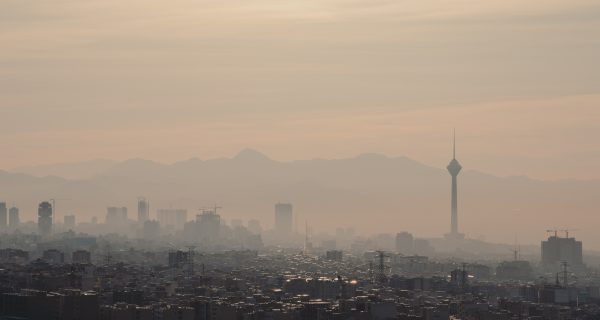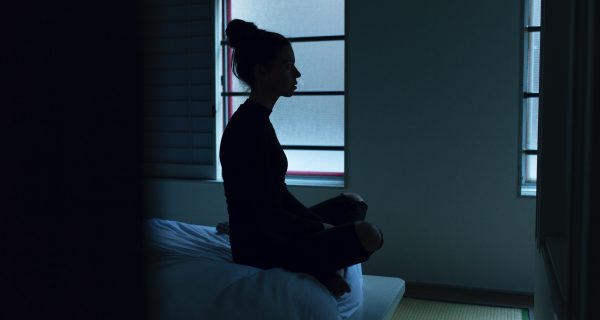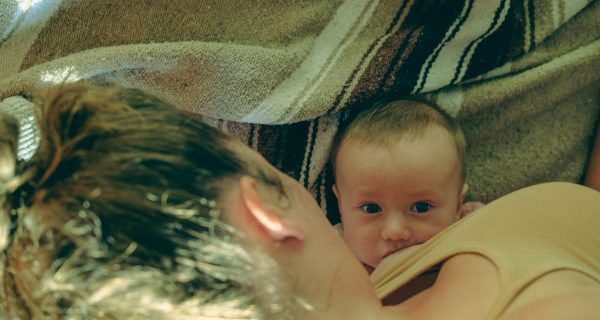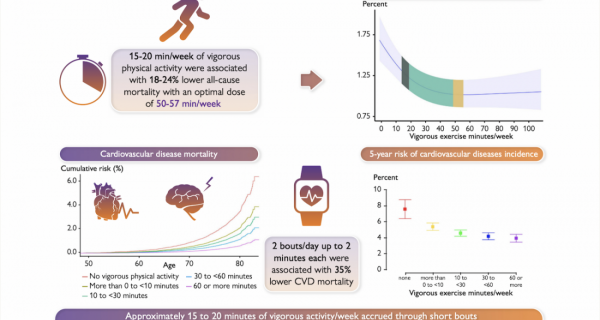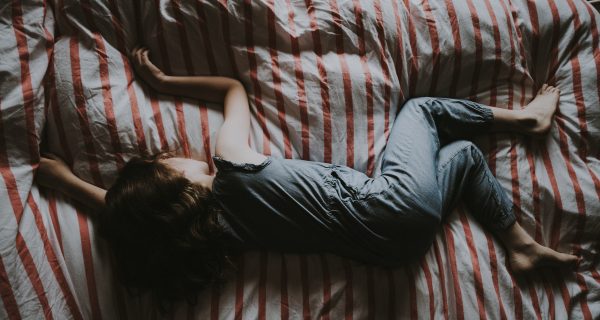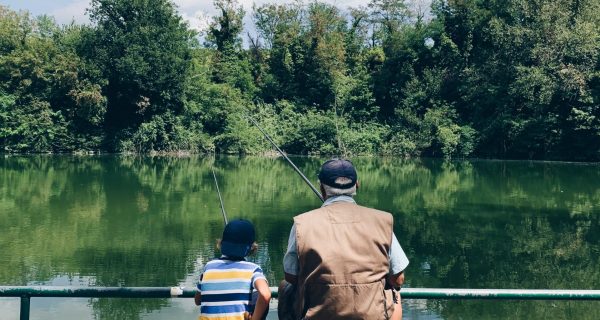Humans may need to adjust their sleeping habits according to seasons, new study finds
Researchers at the Berlin Institute of Health have found that total sleep time (TST) among 188 participants was longer during winter than summer. They also found that REM-sleep was longer during winter than spring.

New research suggests that while humans do not hibernate, we may need more sleep during the winter months.
Recent data obtained from a study carried out by researchers at the Berlin Institute of Health shows that 188 participants with sleep-related disorders have a significant variation of rapid eye movement sleep (REM-sleep, also known as the phase of sleep in which most dreams occur) and the percentage of total sleep time, with more REM-sleep during winter and less REM-sleep during summer.
The results also indicate that sleep patterns in patients with sleep disorders are affected by seasonal changes, even in an urban environment with low natural light exposure and high light pollution.
Dr. Dieter Kunz, one of the corresponding authors, based at the Clinic for Sleep & Chronomedicine at the St. Hedwig hospital, Germany, said: “Seasonality is ubiquitous in any living being on this planet. Even though we still perform unchanged over the winter, human physiology is down-regulated, with a sensation of ‘running-on-empty’ in February or March. In general, societies need to adjust sleep habits including length and timing to season, or adjust school and working schedules to seasonal sleep needs.”
The authors’ findings suggest that improvements can and should be made by accounting for the increased sleep needed in winter. Furthermore, the authors also conclude that the current twice-annual turning of the clock may facilitate adjustments to seasonal changes in human physiology. For example, standard time in winter allows for more natural light exposure during morning routines. On the other hand, the reduced sleep needed in summer can result in longer periods of wakefulness prior to school or business hours that could be better spent during spare time in the afternoons and evenings.
Interestingly enough, a wide variety of physiological processes and medical conditions in humans are known to exhibit seasonal patterns.



